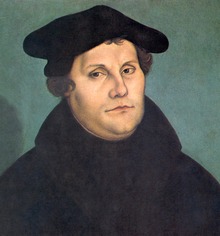Paqui has explained us about the following project that we have to do; we must do 4 videos including 5 questions in each one (6 in case of the last topic). This work is really too easy, we just have to explain the main topic helping with drawings about it. Te main topics are:
-Congress of Vienna
-Revolutionary ideologies
-1820, 1830, 1848 Revolution
-Unification of Italy and Germany (this video must include 6 questions, 3 about Italy and 3 about Germany)
DEADLINE-> 15th FEBRUARY
We can use websites like "Educanon" or programmes like "Windows Movie Maker "to edit our videos.
Here you have some ideas of videos:
Syria's War in 5 minutes: you can use maps and color them
The French revolution: Stop Motion is creative but harder
Enligthtened thinker's: this video is just what Paqui wants
or you can use images from Google, record the process drawing your pictures or use gifs! Good luck!
After the project we have started with second point of the unit, the Congress of Vienna.
We have studied the people who participated in the Congress of Viena, the decisions of the Congress, the main changes of the map of Europe and we have compared the differences between Europe during Napoleonic Empire and Europe after the Congress; we have copied the structure of this new scheme and we have to complete it for homework
CHRONOLOGY-> 1814-1815
CONGRESS OF WHO PARTICIPATED?-> Talleyrand
VIENNA Duke of Wellington
(1814-1815) Gómez de Labrador
MAIN PROBLEMS-> Hundred Years Empire
Solution: Battle of Waterloo
Restoration of absolutism
MAIN DECISIONS-> Reorganization of the map of Europe* -France
came back to its bordies in 1791
-Two buffer states
Creation of the Holly Alliance to stop revolution
CONSEQUENCES
* we have just studied these two points
Europe during Napoleonic Empire
Europe in 1789
VOCABULARY
SCROOGE- tacaño
BUFFER STATE- estado tapón
RHINELAND- Renania
SAXONY- Sajonia
EDIT- editar






